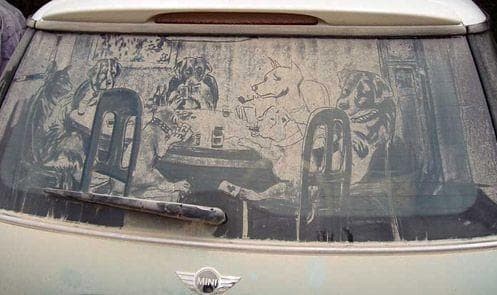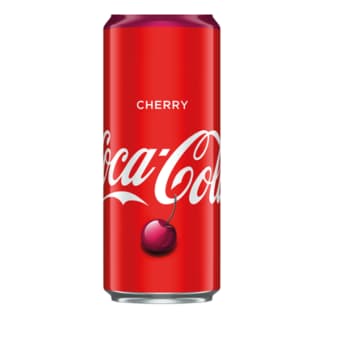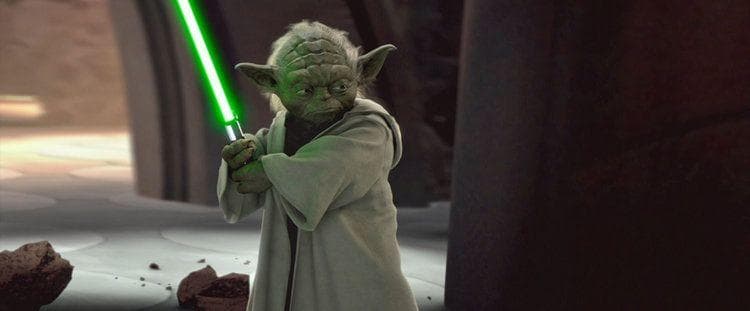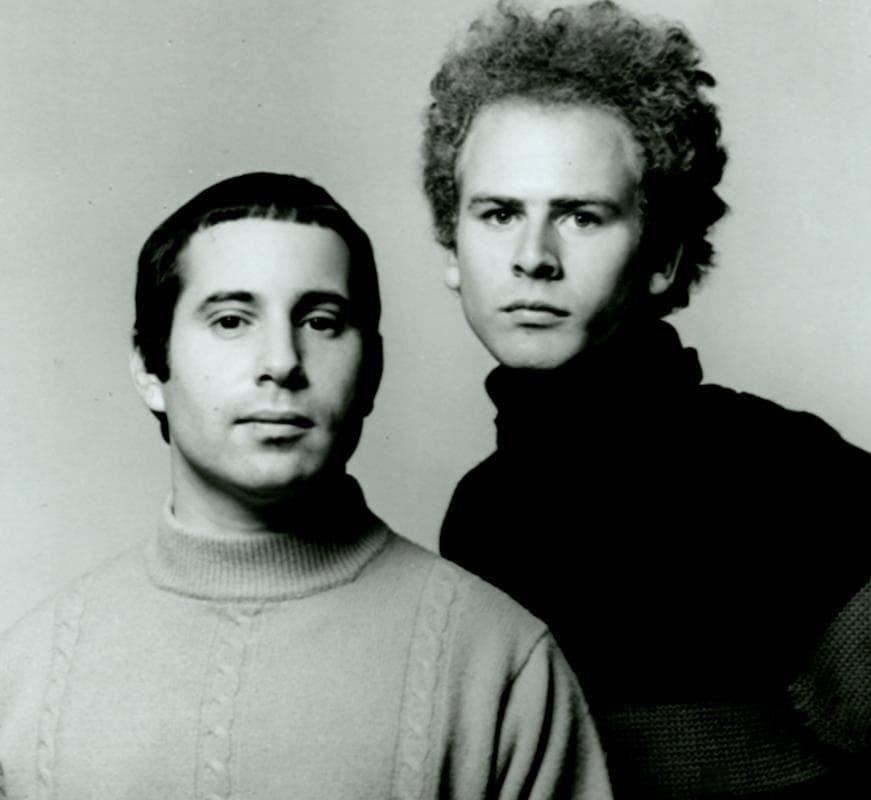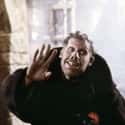-
(#8) Peasants Had Bad Teeth
Modern dentistry didn't start to develop until the 18th century, but it's not as if everyone's teeth were in terrible shape before then. In the Middle Ages, both the peasant and wealthy classes knew the importance of regular dental hygiene. Medieval movies often portray peasants as people with mouths full of rotting teeth, but if anything, it was more likely to be the wealthy who suffered from dental problems. The wealthiest medieval Europeans ate much more sugar in their diets than peasants, and thus had higher rates of tooth decay.
Recent analysis of medieval manuscripts has also shown that dental practices were much more advanced than we might think. The importance of keeping the teeth clean was known, and there were rudimentary procedures for filling cavities, whitening teeth, and fixing fractures. Medieval surgeons also had ways to perform dental surgery, construct dentures made of human teeth or cow bones, and treat oral cancer. Of course, like sugar, most of these dental treatments would have been available only for the wealthiest.
-
(#12) People Spoke Modern English
Almost every movie set in medieval England depicts every medieval Brit speaking the English language, using the same vocabulary, grammar, and sometimes even the same slang that we use today. It's particularly egregious in movies about people from the present who travel back in time to the Middle Ages. We're not asking for a time travel movie to be 100% factually accurate. We'd just like to point out that if you could travel back to 11th-century England, people would have no way of understanding you - and vice versa.
In medieval England, people used three main languages: Latin, which was used in church, but also was used for secular administration and record-keeping, as well as in everyday life; Anglo-Norman, a French dialect used mainly by the upper classes that originated with the Norman Conquest of 1066; and Middle English.
Understanding a Middle English speaker wouldn't be entirely impossible for a modern person, but the differences in pronunciation, vocabulary, and spelling would make most communication a challenge. To get an idea of how difficult it would be, you can try reading The Canterbury Tales.
-
(#4) Common Folk Were Always Dirty And Wore Drab-Colored Clothing
These stereotypes definitely come from our modern perspective. Medieval people didn't have access to running water, so we think they had no idea how to clean themselves. They also didn't live in a world with a global garment-manufacturing industry. Clothing had to be made from locally available materials by hand, so that means clothes were as simple and utilitarian as possible unless you were among society's wealthiest.
In reality, hygiene and clothing were both a lot more sophisticated than we think. Even though running water wasn't available, most towns were located near a freshwater source like a lake or river, making water accessible. Daily baths in a full bathtub were a luxury, but most people could bathe often by standing in a tub and pouring water on themselves, or by swimming. While bathing, medieval people could use soap or other alkaline substances to wash themselves. It was also common practice for people to wash their hands and faces first thing in the morning.
As for clothes, while most peasant clothing was made from coarse wool fabric, it wasn't always brown or gray. Clothing dyes were common. Blue was the most popular color for women's tunics, and other colors like pale yellow, green, and a red-orange were also available.
-
(#10) All Castles Were Made Out Of Stone And Were Built To Last Forever
Another misconception about the Middle Ages is that castles were always huge, imposing fortresses, and were always built out of stone. In reality, those are just the castles that have survived to the present day.
In a pre-industrial society that relied on manual labor, building anything out of stone was expensive, time-consuming, and labor-intensive. Wood, which was much cheaper and more readily available, was used to build the first castles. The earliest castles were built in the motte-and-bailey style. The "motte" was an earthen mound on top of which a wooden keep was built, and the "bailey" was the structure's outer wall, also built out of timber. Motte-and-bailey fortifications first appeared in the 11th century and were the most popular castle style for the next 200 years. As the original wooden structures began to rot, and as siege weapons became more powerful, castle engineers began incorporating stone into their designs. But this was a gradual process, and full stone castles didn't become common until the 13th century.
-
(#7) Everyone Had Terrible Table Manners
According to lots of movies set in the Middle Ages (or set in fantasy worlds based on medieval Europe), everyone was a total slob at the dinner table. Whenever there's a banquet, people invariably smear meat grease all over their faces, loudly slurp from their wine goblets, wipe their filthy hands on their clothes, throw bones on the floor, pick their noses, or sometimes all of the above.
Again, this comes from the Humanist tendency to look down on the Middle Ages. In reality, people were about as considerate as they are now. Good table manners were expected, both in terms of how people ate as well as how they conducted themselves. People did eat some of their meal with their hands, but this was because cutlery was rare. The only typical utensil was a knife that people would use to both carve meat and eat off of. Finger bowls with water would typically be provided, and diners would be expected to wash their hands before eating. Wealthy Europeans would sometimes employ servants called ewerers, who would carry napkins for their lords' use.
-
(#5) Commanders Yelled ‘Fire’ To Command Archers To Release Their Arrows
If you think about it, a commander telling their archers to shoot arrows by yelling "fire" makes no sense. Fire wasn't involved in the process at all, unless they were shooting fire arrows (which were rarely used on the battlefield, and usually only deployed against flammable villages). "Fire" has been the signal to shoot since the advent of gunpowder weapons, which use combustion to launch their projectiles. It sounds correct to a filmmaker who grew up in a world with gunpowder, but in a medieval movie it's an anachronism.
On an actual medieval battlefield, if commanders wanted their archers to shoot, they would yell, "Loose!" Which makes way more sense - to fire a bow, an archer first pulls the bowstring taught, then lets it "loose" to launch the arrow. And when commanders wanted to tell their archers to stop shooting, they would yell "fast," which originally meant "safe." This is also the origin of the phrase "playing fast and loose" to describe someone behaving recklessly.
New Random Displays Display All By Ranking
About This Tool
Our data comes from Ranker, If you want to participate in the ranking of items displayed on this page, please click here.



